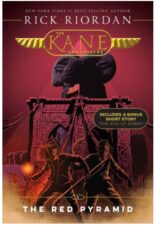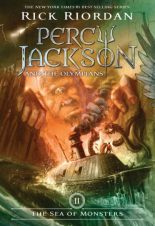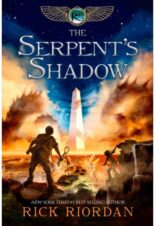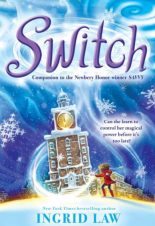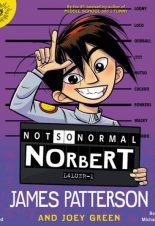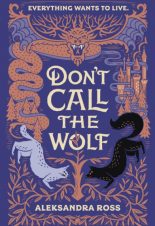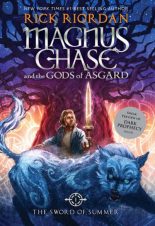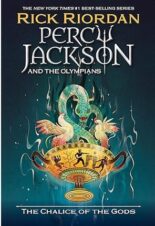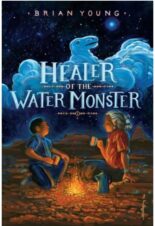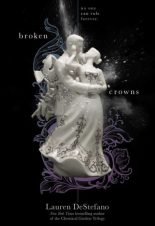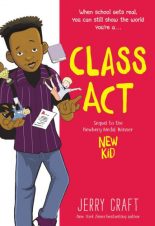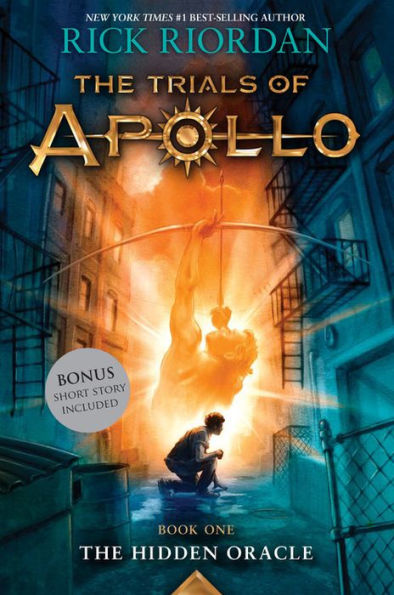
Buy This Book Buy This Series
“Nothing is more tragic than loving someone to the depths of your soul and knowing they cannot and will not ever love you back,” Apollo. —The Trials of Apollo
The Hidden Oracle
The Trials of Apollo #1
by Rick Riordan
AR Test, Must Read
10+
Score
5.1
416
There is no way to punish an immortal god, right? That is what almighty Apollo, god of the sun, thought, but he is quickly proven wrong as his father, Zeus, casts him down to the mortal world as a powerless, friendless, and—even worse—ugly sixteen-year-old boy named Lester Papadopoulos. As if it can’t get any worse, Apollo (now Lester) can’t even remember how he incurred Zeus’s mighty wrath.
With nowhere and no one to turn to, Apollo lays his trust in a runty twelve-year-old girl named Meg and the teenage demigods that reside in Camp Half-Blood. There he seeks help from the campers, including some of his own children, and begins to discover disturbing secrets that may endanger those he grows close to.
Fast-paced and witty, The Hidden Oracle is a humorous read for younger and older readers alike. Fans of Percy Jackson and the Olympians and Heroes of Olympus series will rejoice as Riordan once again paints a world of mystery and mythology that enthralls readers. However, the book touches on sensitive topics such as sexuality and battle violence that may be of concern for some parents. Nevertheless, it is an entertaining novel that is well worth the read.
Sexual Content
- Apollo mentions his hope that Meg does not develop a crush on Percy Jackson.
- Apollo has two loves of his life that he mentions several times throughout the novel. Both of his relationships ended in tragedy. One of his loves was Hyacinthus, a strong hero who happened to be a man. The other love was Daphne, whom he dreams of and describes as having, “those lips I had never kissed but never stopped dreaming of.” Due to losing these loves, he swears off marriage as others “had never possessed my heart” as his true loves once had.
- Apollo encounters some of his demigod children at camp Half-Blood. When he meets each of them, he remembers the romantic relationships that he had with their parents. “To my teenage self, our romance felt like something that I’d watched in a movie a long time ago—a movie my parents wouldn’t have allowed me to see.”
- Apollo is embarrassed by the attention of some female campers, and he says, “My face burned. Me—the manly paragon of romance—reduced to a gawky, inexperienced boy!”
- Nico di Angelo and Apollo’s son, Will Solace, are dating. Apollo has no problems with their relationship because he has had “thirty-three mortal girlfriends and eleven mortal boyfriends? I’ve lost count.”
- Apollo once created a child with another man.
- Apollo “accidentally saw Ares naked in the gymnasium.”
- One of Apollo’s former girlfriends, Cyrene, got together with Ares to get revenge on Apollo.
- Apollo argues that gods are almost always “depicted as nude, because we are flawless beings. Why would you ever cover up perfection?”
Violence
- When Apollo crashes on Earth, a group of hoodlums beat him up. “My ribs throbbed. My stomach clenched . . . I toppled out and landed on my shoulder, which made a cracking sound against the asphalt.” His opponents pull out a knife, but it is not used. One of the boys “kicked me in the back. I fell on my divine face. . . I curled into a ball, trying to protect my ribs and head. The pain was intolerable. I retched and shuddered. I blacked out and came to, my vision swimming with red splotches.”
- A lightning wielding cyclops kills one of Apollo’s sons. The death is not described.
- Percy, Meg, and Apollo get into a car crash in which their car is totaled. No one is seriously injured.
- A mythical grain spirit called a karpoi bites the head of a nosos clean off in one chomp.
- Meg slaps Apollo’s face to wake him from a dangerous trance. He promptly vomits afterward.
- Meg “poked Connor Stoll in the eyes and kicked Sherman Yang in the crotch.”
- There is a famous story about Apollo in which he slays the mighty monster Python. He “killed Python without breaking a sweat. I flew into the mouth of the cave, called him out, unleashed an arrow, and BOOM!”
- There is a legend about Apollo “skinning the satyr Marsyas alive after he challenged me to a music contest.”
- After a dangerous camp activity, “Chiara had a mild concussion. Billie Ng had come down with a case of Irish step dancing. Holly and Laurel needed pieces of shrapnel removed from their backs, thanks to a close encounter with an exploding chainsaw Frisbee.”
- Two satyrs die attempting to retrieve and bring the Oracle of Delphi back to Camp Half-Blood. Their deaths are not described.
- Apollo wishes that he could have “picked a nice group of heroes and sent them to their deaths.”
- Apollo and Meg battle killer ants who attack in groups, snap through Celestial bronze, and spit acid. “Meg’s swords whirled in golden arcs of destruction, lopping off leg segments, slicing antennae.”
- The pair meet a geyser god that suggests that they do not jump in his water unless they “fancy boiling to death in a pit of scalding water.”
- A man almost stabs himself to obey the orders of his master, Emperor Nero.
- Apollo attempts to fight Nero and “let out a guttural howl and charged the emperor, intending to wring his hairy excuse for a neck.” Later, he fights one of the emperor’s bodyguards and “spun Vince like a discus, tossing him skyward with such force that he punched a Germanus-shaped hole in the tree canopy and sailed out of sight.”
- There is a large battle near the conclusion of the novel in which many characters fight a giant mechanical statue. It is described over several chapters and many are hurt in the process, but the ending is victorious for the heroes.
- Nyssa slaps Leo in the face because he was missing for several months.
Drugs and Alcohol
- Ambrosia is the food of the gods and their immortal bodies allow them to eat it as their normal food. Demigods eat ambrosia if they are sick or injured because it instantly heals them. However, if mortals attempt to eat it, they burn up inside and possibly combust.
Language
- “Crud” and “darned” are each used once.
- Meg tells Apollo that he has landed in Hell’s kitchen and he thinks, “It seemed wrong for a child to say Hell’s Kitchen.”
- Apollo is dragged across a river, “scolding and cursing.”
- Many demigods mutter ancient Greek curses when they are angry.
- A demigod calls a friend, “Idiota,” when she does something wrong.
- Many characters use the expressions, “thank the gods!” and “oh, gods.”
- Percy “yelped a curse that would have made any Phoenician sailor proud.”
Supernatural
- Most of the characters are demigods and have magical powers that they have inherited from their godly parent. For instance, Meg can control elements of nature (plants, soil, grain spirits, etc.) because her mother is Demeter, the goddess of agriculture.
- Many Greek mythological creatures and monsters appear in the story.
- Nico, the son of Hades, uses his powers to sit with his boyfriend by saying that the “zombies stay away” if he is seated near him.
- It is mentioned that Leo died and then came back to life. The details of this event are found in one of Riordan’s previous books.
- When a demigod is claimed at Camp Half-Blood, a glowing symbol appears above their head to show their parentage. This happens to Meg during the campfire ceremony.
- Some trees in the woods of Camp Half-Blood are the ancient Grove in Dodona, which is a powerful force that whispers prophecies. Finding this grove is the catalyst for the majority of the novel’s plot. The wood from these trees was used for the mast of the Argo, which could “speak to the Argonauts and give them guidance.”
- Meg tells Apollo about a looming threat to which he responds, “I had been hoping she would say something else: giants, Titans, ancient killing machines, aliens.”
- Magical creatures emerge from the woods to aid Apollo in his quest to stop the evil Emperor Nero. “The shimmering forms of dryads emerged from their trees—a legion of Daphne’s in green gossamer dresses . . . They raised their arms and the earth erupted at their feet.”
Spiritual Content
- In this book, the Greek gods are real and have a presence in the world. All of the legends about them are true, and they are immortal. The main character is a god who has been turned mortal.
- The source of the gods’ powers is their presence in the minds of humankind, and if they are forgotten they will eventually fade. “Gods know about fading. They know about being forgotten over the centuries. The idea of ceasing to exist altogether terrifies us.”
- It is discussed how in ancient Greece, priests tended and cared for the sacred Grove of Dodona.
- When the character of evil Emperor Nero is introduced, Christians are mentioned as being scapegoated by him. In response to these accusations, he says, “But the Christians were terrorists, you see. Perhaps they didn’t start the fire, but they were causing all sorts of trouble.” A terrifying event is then mentioned in which Nero had “strung up Christians all over his backyard and burned them to illuminate his garden party.”
by Morgan Filgas
“Nothing is more tragic than loving someone to the depths of your soul and knowing they cannot and will not ever love you back,” Apollo. —The Trials of Apollo
Latest Reviews
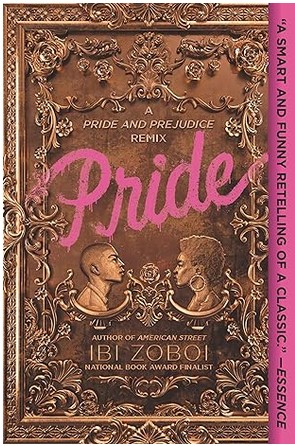
Pride: A Pride & Prejudice Remix
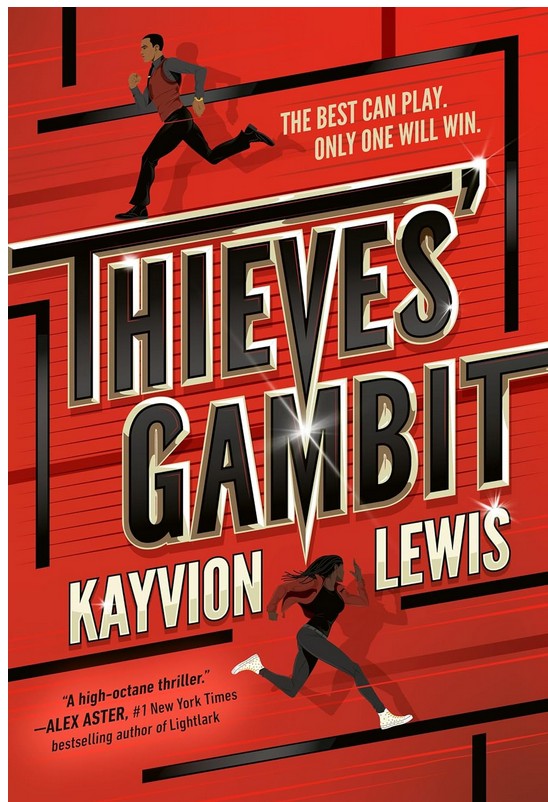
Thieves’ Gambit #1
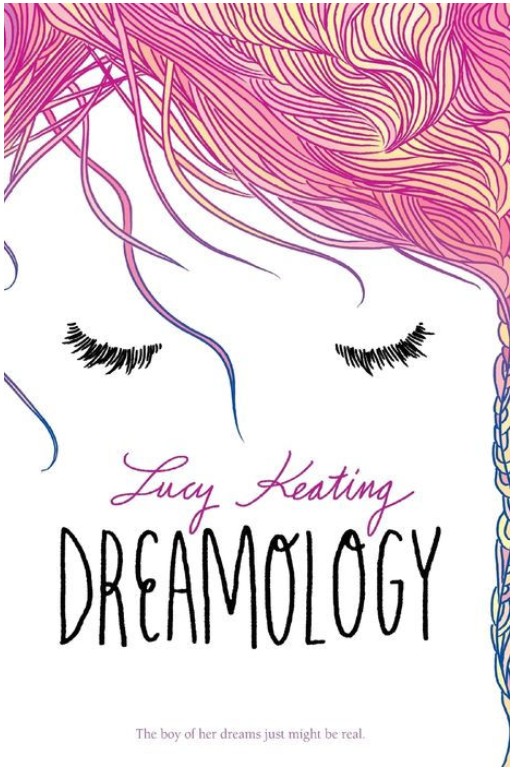
Dreamology
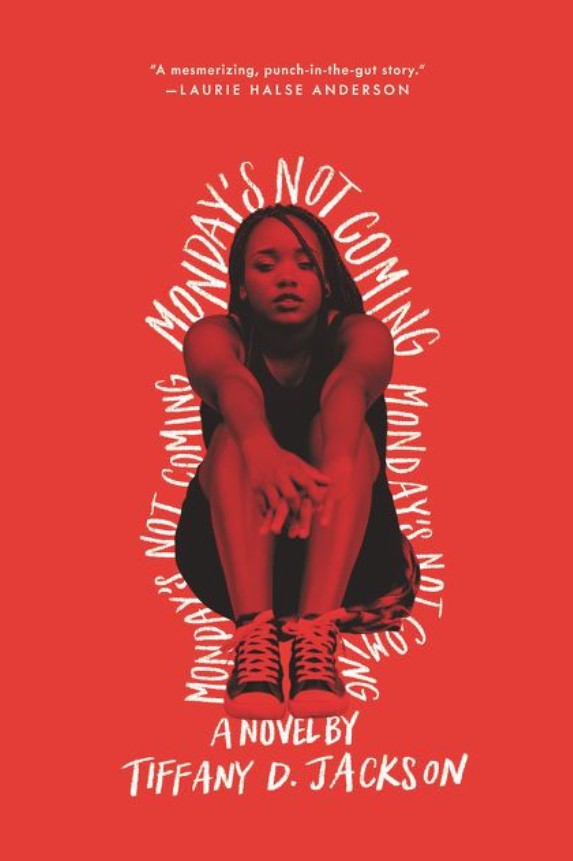
Monday’s Not Coming
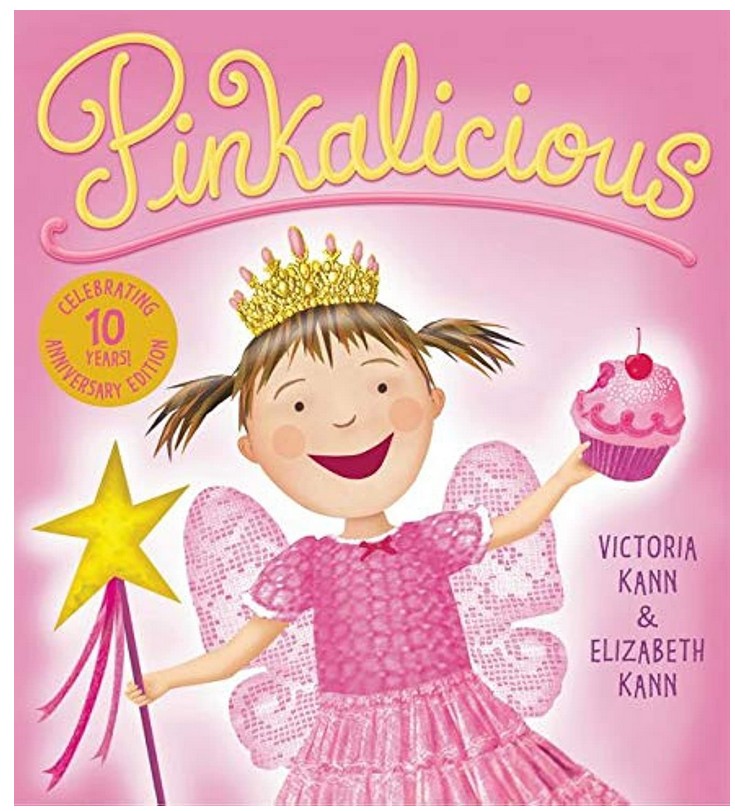
Pinkalicious

Driven

Goodbye Days

Blood of Troy

Will’s Race for Home

